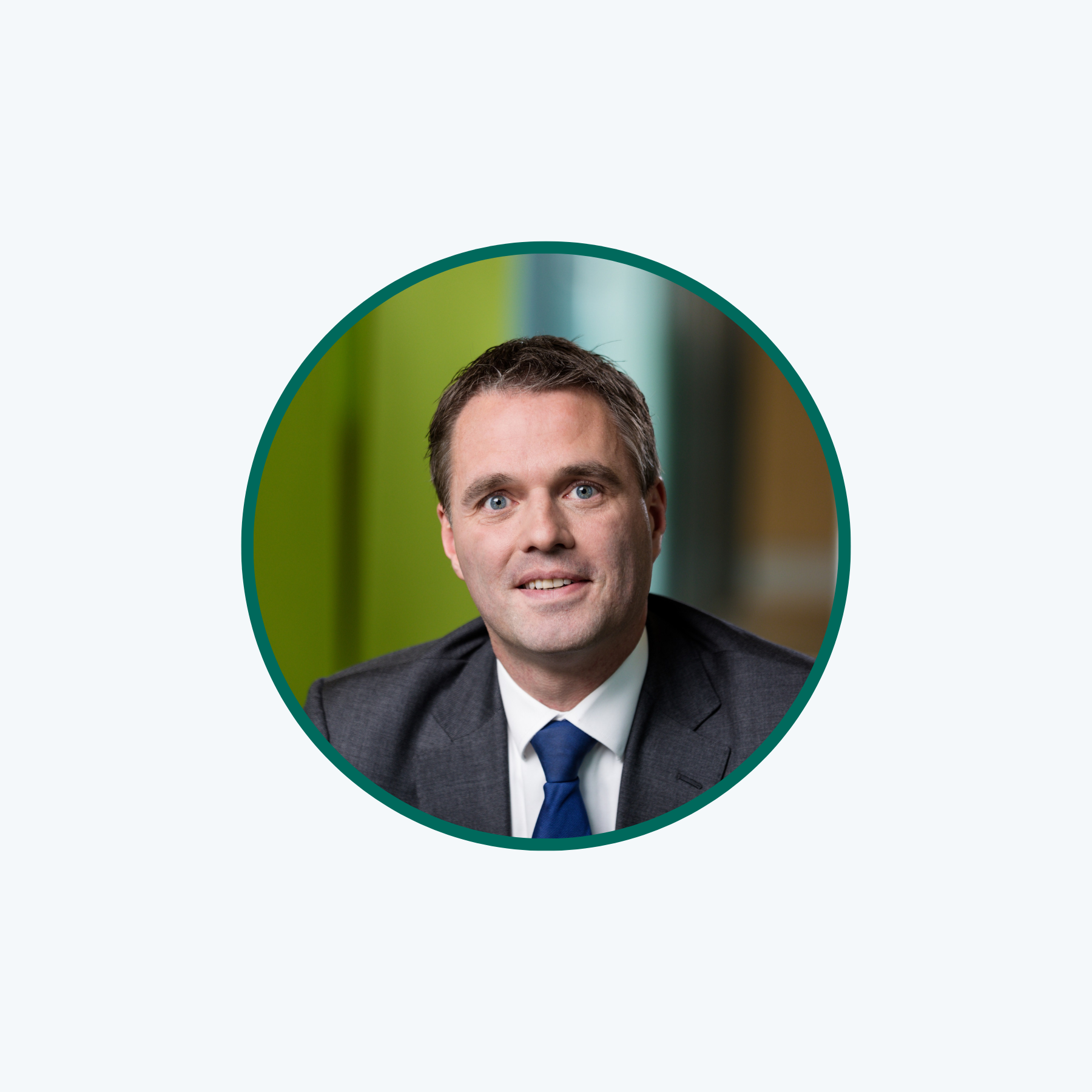
Name: Maarten Jennen
Title: Senior Director – Strategist, Private Real Estate
Organization: PGGM
ESG topics of interest:
- Climate change mitigation
- ESG reporting and data collection
- Doing well by doing good
What motivated you to join the GRESB Foundation Board?
I am a firm believer in the added value of GRESB for the real estate and infrastructure industry. GRESB is positioned to play a pivotal role in the collection, verification, and benchmarking of important ESG-related data, ultimately making a difference for both small and large investors.
However, there is a lot of focus by the industry on gathering recognitions for its performance, leading to the potential risk of becoming myopic. The GRESB Standards can help steer the industry in the right direction and help it sharpen its focus on what matters most.
As a member of the GRESB Foundation Board I expect to contribute to setting the right Standards, therefore making sure that GRESB continues to evolve and stay relevant well into the future.
How does your organization view ESG and what is your organization’s approach to responsible investing?
PGGM invests on behalf of a number of Dutch pension funds which, alongside their advisors, are globally renowned for their focus on improving the ESG profile of companies through their investments.
A common theme among the pension funds for which PGGM provides services is that they aim to offer a good pension in a livable world, meaning that the goal of investing is not purely financial but it also takes into account that capital has impact on the world. The exact form of implementing ESG differs across asset classes depending on needs and possibilities, but one common theme across investments is the need to bring down the carbon footprint of the portfolio.
How does your organization use GRESB and its data?
The annual GRESB assessment is a very useful tool to check where we stand with respect to our continuous efforts on the ESG front. The GRESB rating based on the assessment gives us a good indication of how each of our investments scores in relative terms, but, most importantly, the data that comes with the assessment is increasingly critical as a basis for further analysis and engagement.
Every investment in our private real estate portfolio reports to GRESB, which gives us the important benefit of being able to use GRESB as the single source for increasingly important data. While a lot of GRESB analysis started at the fund level, we increasingly see and strongly welcome further analysis at the asset level. We use the information extracted from the GRESB platform to run our own analytics, but also report to various stakeholders with a broadening array of questions.
What is next for ESG and what role will organizations like GRESB play going forward?
For quite a long time, a large part of the discussion on ESG revolved around having policies in place to show that companies were capable of making a positive contribution to a growing array of worries with respect to climate, pollution, inequality, etc.
Fast forward to 2022 and having policies in place has become a hygiene factor for companies to earn a license to operate and the focus has shifted to showing what the tangible result of those policies is. However, it will likely take a few more years to see these results.
Governments across the globe are also still struggling with what to ask, what to demand, and what to set aside with respect to the difficult topic of ESG. Organizations like GRESB can play a pivotal role in ensuring a level of standardization that will be needed to get the reporting of changes in order. Without standardization we might see a global patchwork of policies, certificates, and goals, which would make the setting of, and acting upon, targets extremely difficult.